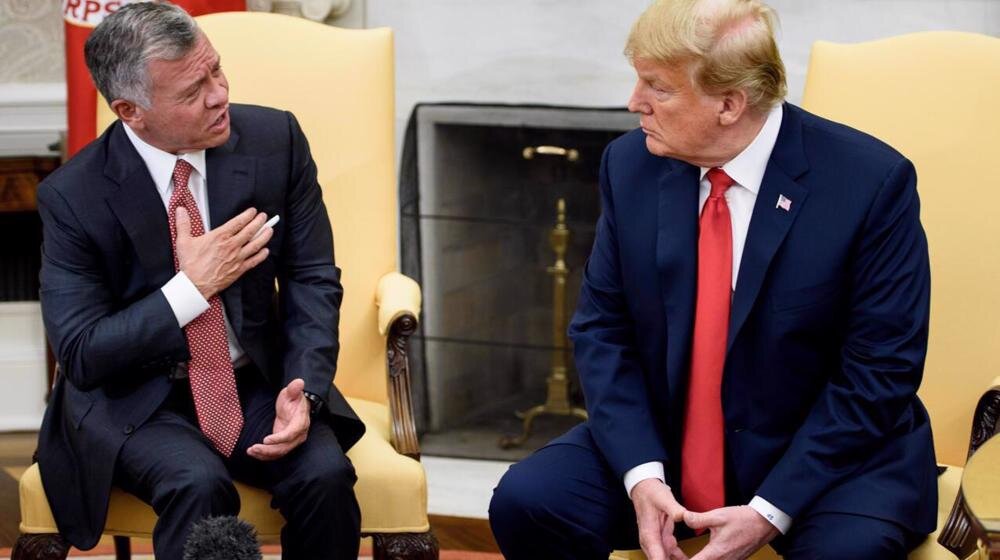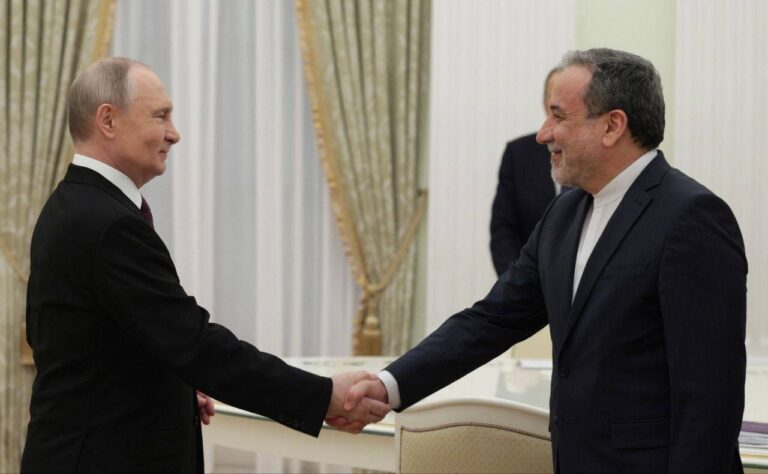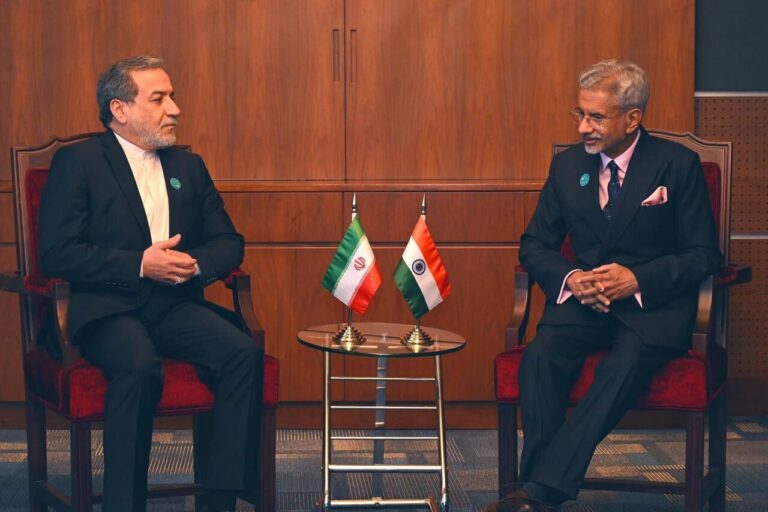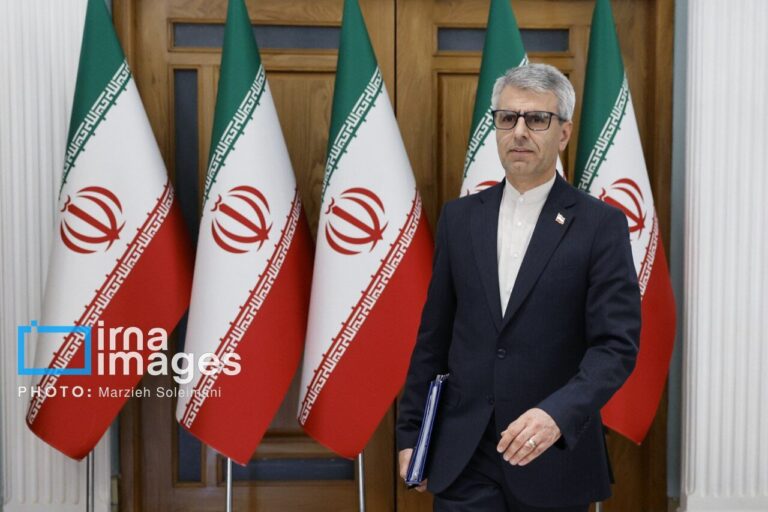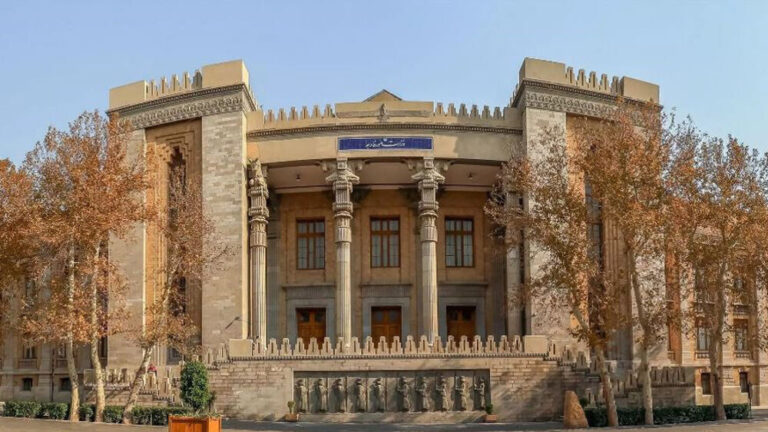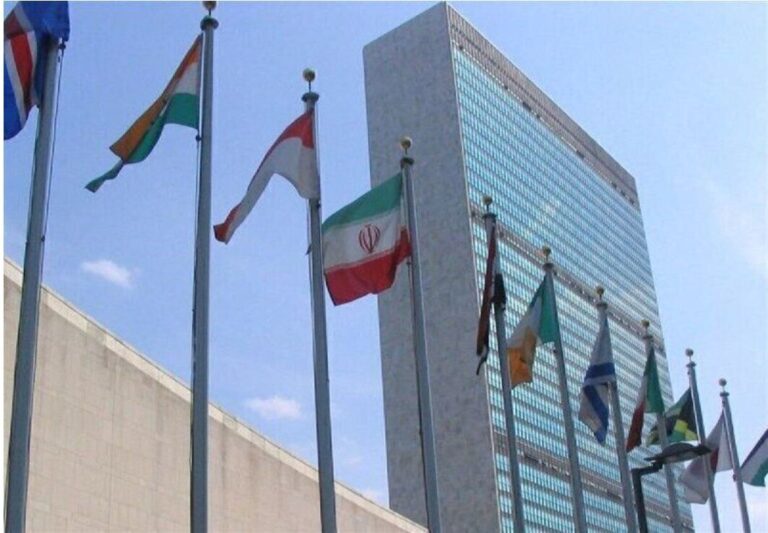Jordan’s King Dismisses Trump’s Controversial Plan for Palestinian Resettlement
In a recent meeting at the White House, King Abdullah of Jordan reiterated the nation’s strong stance against the displacement of Palestinians in Gaza and the West Bank. This critical discussion, shared on social media, highlights the ongoing tensions surrounding the Israeli-Palestinian conflict and the unified Arab position regarding this pressing issue.
King Abdullah’s visit to Washington, D.C., marked a significant moment as he became the first Arab leader to meet with President Trump since he took office. During this meeting, Abdullah expressed his commitment to supporting Palestinian children in need, specifically mentioning that Jordan would take in approximately 2,000 sick Palestinian children. “One of the things that we can do right away is take 2,000 children, cancer children who are in a very ill state. That is possible,” Abdullah stated, to which Trump responded that it was “really a beautiful gesture.”
Additionally, the Jordanian king discussed Egypt’s initiatives to collaborate with the US on potential solutions for the region, stating that a plan was in the works to facilitate cooperation among Arab nations and the US regarding the Palestinian issue.
Despite the diplomatic engagement, tensions were palpable as Abdullah called for the establishment of a Palestinian state. This plea comes amid widespread outrage following Trump’s controversial suggestion to take over the besieged Gaza Strip and relocate Palestinians to neighboring countries. Both Jordan and Egypt have firmly rejected this proposal, which has raised significant concerns about the future of Palestine and the stability of the region.
Key points from the meeting include:
- Jordan’s Aid Dependency: Jordan receives approximately $1.45 billion annually in US aid, constituting 10% of the country’s budget. However, officials indicated that if aid were contingent upon accepting the relocation of Palestinians, Jordan would be prepared to forgo it.
- Opposition to Land Annexation: King Abdullah firmly rejected any plans to annex land and displace Palestinians, especially in light of Trump’s proposal to “take over” Gaza.
- Calls for Patience: Abdullah urged patience as Egypt formulates a response, expressing the need for Arab nations to discuss the matter collectively before making hasty decisions.
In the backdrop of this meeting, widespread protests erupted in Jordan as thousands took to the streets of Amman to voice their opposition to Trump’s plans. Reports surfaced suggesting that Jordan was prepared to take drastic measures, including military action against Israel, should Palestinians face forced relocation into Jordanian territory. This sentiment was echoed by Jordan’s Foreign Minister, Ayman Safadi, underscoring the gravity of the situation.
Moreover, King Abdullah engaged in discussions with US National Security Adviser Mike Waltz, emphasizing the importance of achieving a fair and comprehensive peace that adheres to a two-state solution. The Jordanian monarch’s commitment to this principle reflects the broader Arab consensus on the necessity of a sovereign Palestinian state.
As the world continues to react to Trump’s proposal, it has drawn widespread condemnation from various quarters, including Palestinians, Arab nations, and allies such as Canada, France, Germany, and the UK. This backlash underscores the complexities surrounding the Israeli-Palestinian conflict and the challenges that lie ahead for regional diplomacy.
In conclusion, the meeting between King Abdullah and President Trump revealed significant tensions surrounding the proposed relocation of Palestinians and highlighted Jordan’s commitment to supporting those in need while advocating for a just resolution to the conflict. The ongoing discussions among Arab nations, particularly with Egypt’s involvement, will be crucial in shaping the future of Palestine and the broader Middle East.
